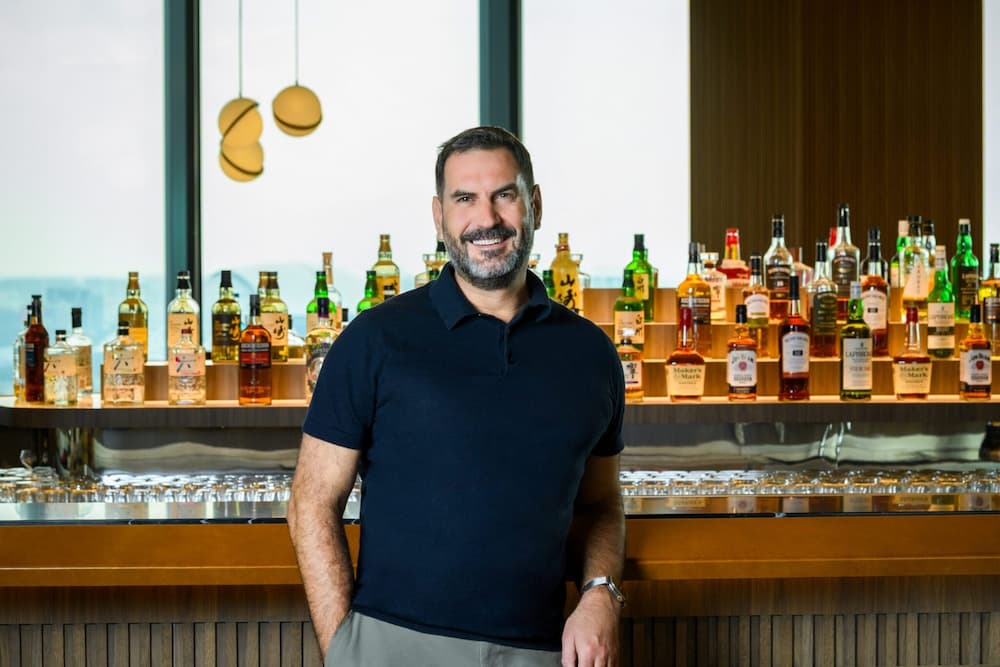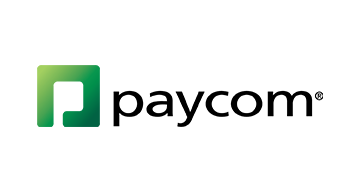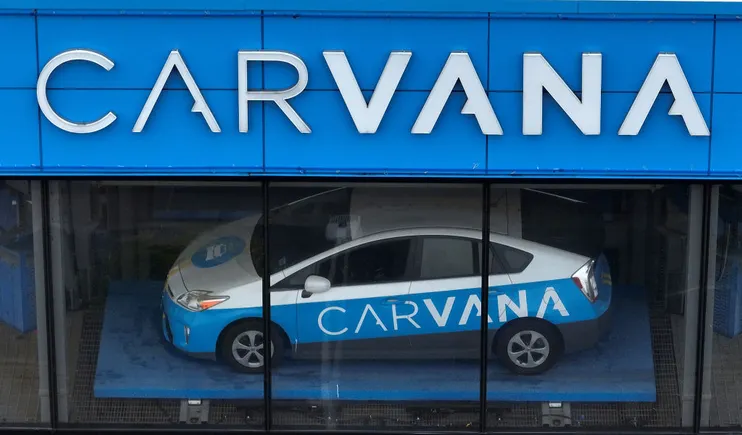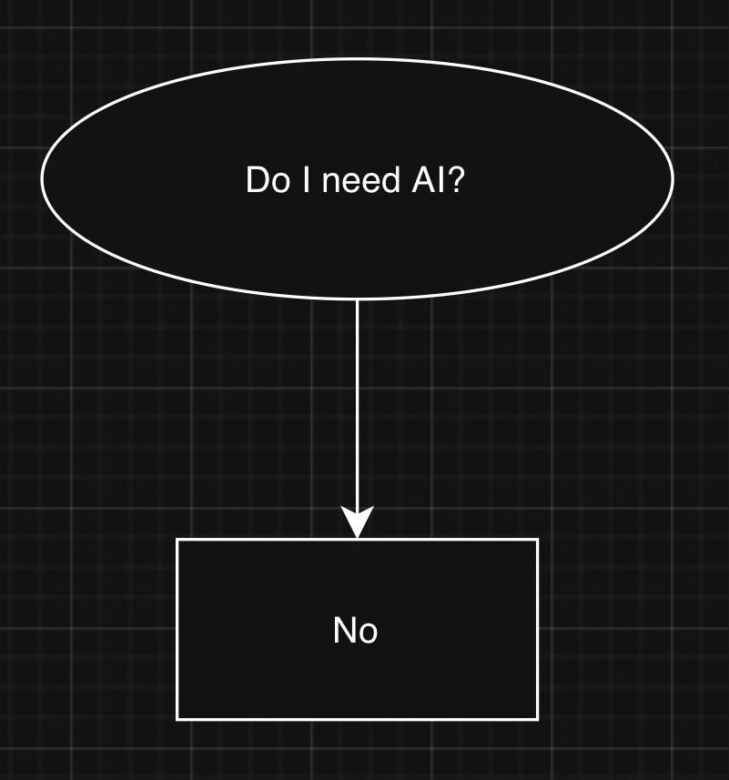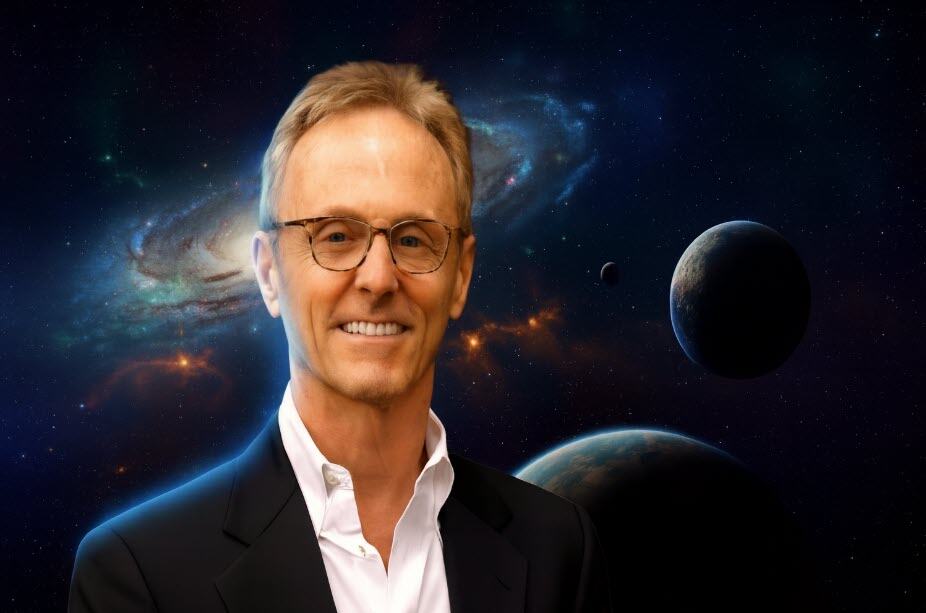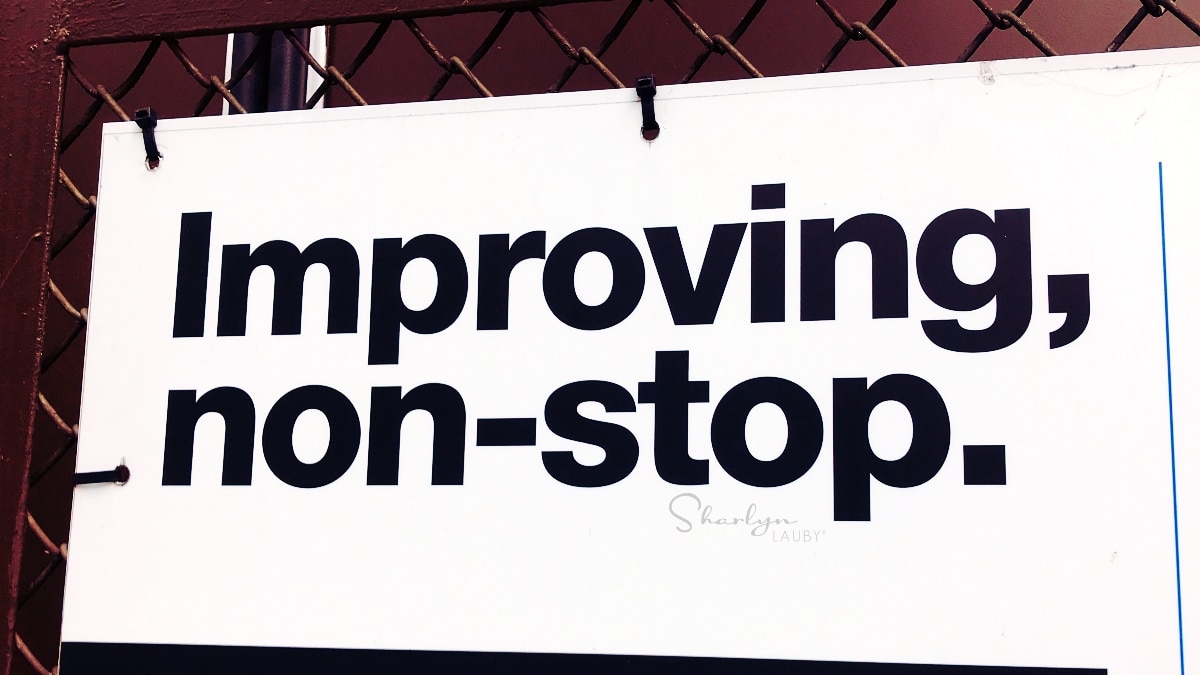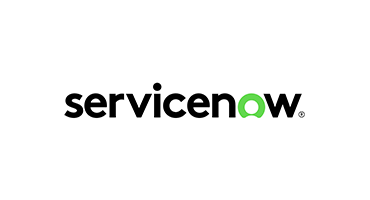What does it take to build a resilient, purpose-driven workforce in times of global uncertainty and technological change? For Patrick Jordan, vice president of HR, Asia-Pacific, at Suntory Global Spirits, the answer lies in redefining the employee experience—from fostering psychological safety and inclusion to leveraging AI for career growth.
In this conversation with HRM Asia, Jordan shares how HR is shaping the future of work while staying true to the organization’s purpose of “inspiring the brilliance of life.”
HRM Asia: What is the next evolution of HR leaders’ role, particularly in the context of global uncertainty and rapid technology change?
Patrick Jordan: At Suntory Global Spirits, we see change as an opportunity to learn and grow, and the function of HR will continually evolve to better align with our business. We are focused on adapting the organization and its way of working, with the ultimate goal of delivering a personalized, premium employee experience.
Some of the ways we are doing this include reducing structural complexity while redefining the workforce model to match business realities, transitioning to self-service tools and focusing on strategic priorities such as talent management for growth and inclusion to drive innovation and ideation.
With organizational transformation becoming the new norm, managers are expected to advocate for change, model new behaviors and provide safe spaces for employees to exchange ideas. Employees—and managers—are facing change fatigue, and we are seeing a need to build resilience in change management.
We are focused on psychological safety, which involves encouraging managers to foster transparency and open dialogue, enabling employees to share and resolve concerns. This is really important for us in the Asia-Pacific. We believe in being an organization in which everyone is valued, with an inclusive culture that inspires dialogue, creativity and psychological safety—allowing us to drive ideation, innovation and collective growth.
See also: Why building workforce resilience needs to top HR’s agenda
HRM Asia: How can organizations ensure that AI and automation augment the human experience rather than diminish it?
Jordan: There is no doubt that AI and its potential are very attractive. It serves as a powerful ally in HR, enabling us to optimize processes, make data-driven decisions and dedicate more time to strategic high-impact activities—all of which contribute to a thriving workplace at Suntory Global Spirits.
The challenge is about how we get people to perceive AI; how it can be used to replace repetitive tasks and free up time for employees to focus on work that requires empathy, creativity and critical thinking. And no matter what we do, we need to retain and enhance the human touch and ensure that our team is best placed to understand and meet consumer needs in the industry.
Our approach to AI and technology in general is to ensure our workforce has the tools and opportunities they need to go further in their careers. One of the ways we are incorporating AI and automation into our workflows is our exciting key project, Suntory MyCareer, which launches later this year. This innovative platform will empower our employees to explore and apply for roles, connect with mentors and participate in projects across the global Suntory Group, fostering a more modern and inclusive approach to talent development and career navigation.
While we adapt our organization using MyCareer, we are also making ongoing investments to amplify our commercial and leadership capabilities. These are critical as we navigate fundamental changes within our industry. In times like these, our function recognizes the importance of investing in critical priorities versus divesting.
HRM Asia: The modern workforce is increasingly seeking purpose-driven work. How do you help the organization articulate its purpose and authentically embed it into the day-to-day employee experience?
Jordan: At Suntory Group, our purpose—to inspire the brilliance of life by creating rich experiences for people in harmony with nature—has been a guiding force throughout our history. This purpose fuels our innovative spirit and ambition, which we embody in our daily activities.
We actively implement initiatives that align our employees with this purpose, including community engagement programs, sustainability initiatives and opportunities for personal and professional growth. These efforts not only reinforce our commitment to our purpose but also offer meaningful ways for our team members to connect with it. For example, in our Singapore office, we host bar nights for employees, as well as their friends and families, to create more touchpoints with our brands and cultivate a sense of pride.
Our employees also have access to intentional developmental experiences across functions and countries. For example, one of our HR leaders in Taiwan took a three-month assignment with Suntory’s global HR team in Tokyo. This experience contributed to her move into a permanent global learning and development position.
HRM Asia: Beyond corporate policies, what is the HR leader’s responsibility in driving broader societal change through their organization’s talent and culture initiatives?
Jordan: We are placing a stronger emphasis on inclusion by evolving our diversity, equity, and inclusion strategy into a Global Inclusion vision for Suntory Group: “Uniquely Me, Growing as One.”
I am proud that we have leaned into—rather than backed away from—inclusivity, which is essential to our innovation and growth. As the vice president of HR for the Asia-Pacific region, I am committed to fostering a workplace where everyone feels valued and empowered to be their authentic selves.
Our people are the driving force behind our bold ambition to become the World’s Most Admired Premium Spirits Company. Our vibrant, diverse workforce is one of our greatest assets, fueling the growth of our premium brands and connecting them with consumers. It is why we are focused on amplifying that which makes us unique as we prioritize inclusion.
Our goal is to enable a culture where our people feel their difference makes a difference, ensuring we are nurturing inclusive leaders of today and tomorrow, fostering capability and driving accountability across the organization.
We continue to foster inclusive connection and recognition by leveraging Employee Inclusion Groups (EIGs) and Ally Networks, which play a crucial role in shaping our culture. These groups create community and are avenues for us to support employees in addressing social issues that are important to them, such as generational awareness, cultural understanding, mental fitness, gender equity, disability, LGBTQ+ and more.
As a leader, I have learned to appreciate the impact of inclusion on business outcomes. My role in societal change is to embed inclusion, not just as a policy, but as a daily behavior. For me, that means ensuring our talent systems, from acquisition to development, are designed to identify, nurture, and elevate diverse talent, while holding leaders accountable for building a culture of belonging. In a region as nuanced as Asia-Pacific, this is more than an HR priority; it is a business imperative.
HRM Asia: Looking five to 10 years down the road, what is the single biggest challenge that HR leaders will face, and what is the most significant opportunity?
Jordan: Over the next five to 10 years, technology will undoubtedly be a driving force in how organizations evolve, and we must embrace the uncertainty that comes with it.
As AI, automation and digital transformation redefine the workplace, the real challenge for HR professionals lies in how we perceive our roles and how organizations recognize HR’s strategic contributions.
Historically, HR has been viewed primarily as an administrative function focused on payroll and compliance, but its true potential lies in fostering organizational culture and driving innovation. Organizations like Google and Netflix exemplify how HR can enhance business performance when it is positioned as a strategic partner. The challenge for HR professionals is how to rethink our policies and procedures to create a compelling employee experience.
When I engage with leaders, they express a desire for HR to evolve beyond its traditional administrative role. They want us to shift our approach. So, let’s reframe the conversation. Rather than attributing lack of leadership capability to our inability to change, we should ask ourselves what adjustments we need to make as HR, both in terms of mindset and our ways of working. This is what our leaders are signaling when they discuss our role.



